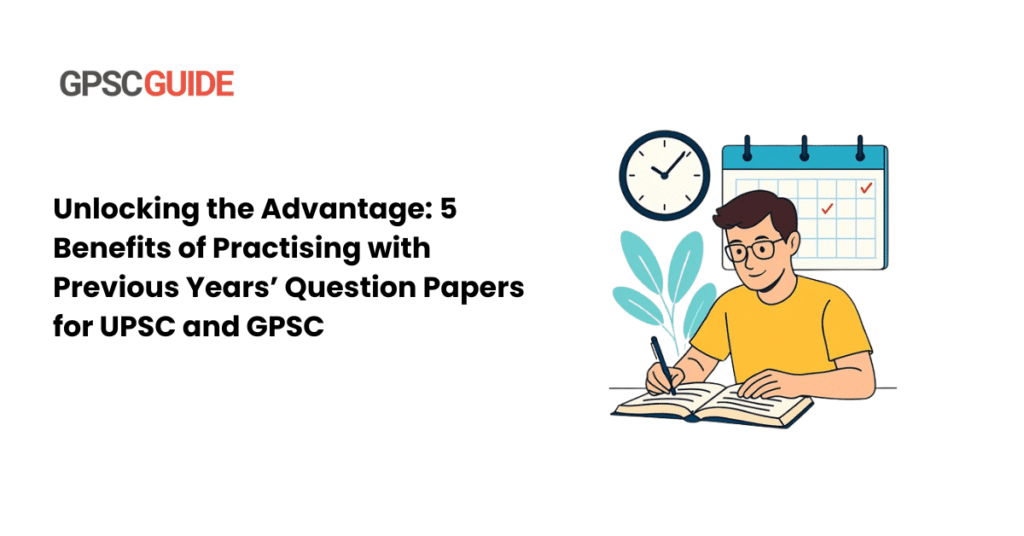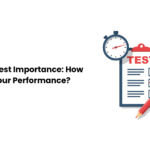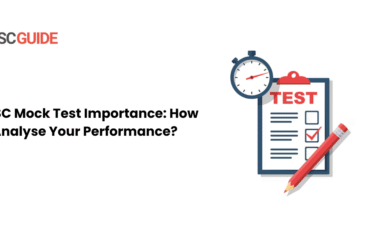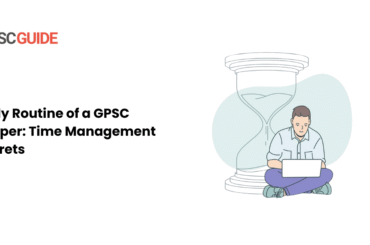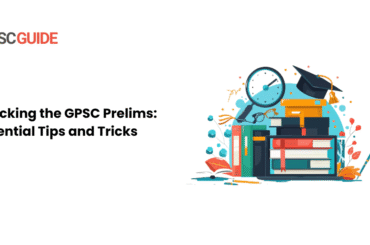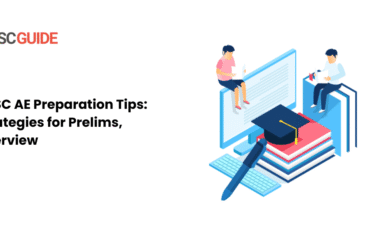Preparing for competitive examinations such as the Union Public Service Commission (UPSC) and the Gujarat Public Service Commission (GPSC) requires a strategic and well-planned approach. With vast syllabus and evolving patterns, aspirants often find themselves overwhelmed despite rigorous study schedules. In this context, practising previous years’ question papers (PYQs) has proven to be a remarkably effective tool, not only for content revision but also for performance enhancement.
5 Significant Benefits of Solving Previous Years’ Question Papers
1. Familiarity with Exam Pattern and Question Structure
- One of the most important advantages of solving PYQs is gaining a clear understanding of the actual exam pattern. Both UPSC and GPSC examinations are known for their unique and dynamic question styles, especially in General Studies and essay-type papers.
- By reviewing past question papers, candidates become acquainted with:
o The structure and sequence of questions
o Distribution of topics across sections
o Weightage of specific subjects
o Types of questions — objective (Prelims) and descriptive (Mains) - This familiarity minimizes surprises on exam day and equips aspirants to tailor their preparation accordingly.
2. Insight into Important and Repetitive Topics
- A thorough analysis of PYQs helps identify frequently asked topics and recurring themes, enabling aspirants to prioritise important areas of the syllabus. This is particularly useful in subjects with expansive content, such as history or geography.
- In both UPSC and GPSC exams, certain topics tend to reappear in varied forms. Practising such questions allows students to:
o Recognize high-yield areas
o Focus their revision more effectively
o Avoid spending disproportionate time on low-weightage topics - Smart strategy: Instead of trying to memorise everything, aspirants can adopt a targeted approach based on PYQ analysis.
3. Enhancement of Time Management and Writing Skills
- UPSC and GPSC exams are not only a test of knowledge but also of time management and the ability to articulate thoughts coherently within strict timelines.
- Solving previous year papers under timed conditions helps aspirants:
o Improve writing speed and structure
o Develop answer presentation techniques (especially for Mains)
o Allocate time judiciously across questions and sections
o Build the stamina to sustain long examination hours - For Prelims, PYQs assist in mastering the art of intelligent guesswork and elimination techniques, which are vital in objective-type exams.
4. Real-Time Self-Assessment and Progress Evaluation
- Another crucial benefit of solving PYQs is the ability to evaluate one’s performance objectively. Aspirants can identify:
o Strengths and weaknesses in specific subjects
o Common errors in interpretation or presentation
o Areas requiring deeper conceptual clarity - This self-assessment acts as a feedback loop, enabling aspirants to refine their study strategies continuously and take corrective measures well in advance.
- Suggested approach: Maintain a tracker to record performance, accuracy, and time taken per paper to monitor progress.
5. Confidence Building and Anxiety Reduction
- Exam fear and stress are common among UPSC and GPSC aspirants, especially given the intense competition and long preparation periods. Practising PYQs in stills confidence by familiarizing candidates with the exam environment and reducing uncertainty.
- The repeated experience of solving actual exam questions:
o Reinforces self-belief
o Reduces anxiety and mental blocks
o Cultivates a problem-solving mindset under pressure - Furthermore, reviewing and successfully solving PYQs motivates aspirants and enhances their overall confidence level before the final examination.
Conclusion
- For serious UPSC and GPSC aspirants, previous years’ question papers are not just a practice tool, but a strategic resource. They bridge the gap between preparation and performance by offering insights into the exam’s structure, trends, and expected difficulty levels.
- Incorporating PYQ practice into daily or weekly study routines can significantly increase an aspirant’s chances of success. When combined with conceptual clarity and disciplined study, this method can offer a decisive advantage in one of the most competitive examinations in the country.
Final Recommendations
- Begin solving PYQs at least 6–8 months before the exam.
- Analyse both Prelims and Mains papers for better coverage.
- Practice answer writing regularly with feedback.
- Use PYQs to revise smartly, not just to test knowledge.
- Pair with mock tests for a comprehensive strategy.

